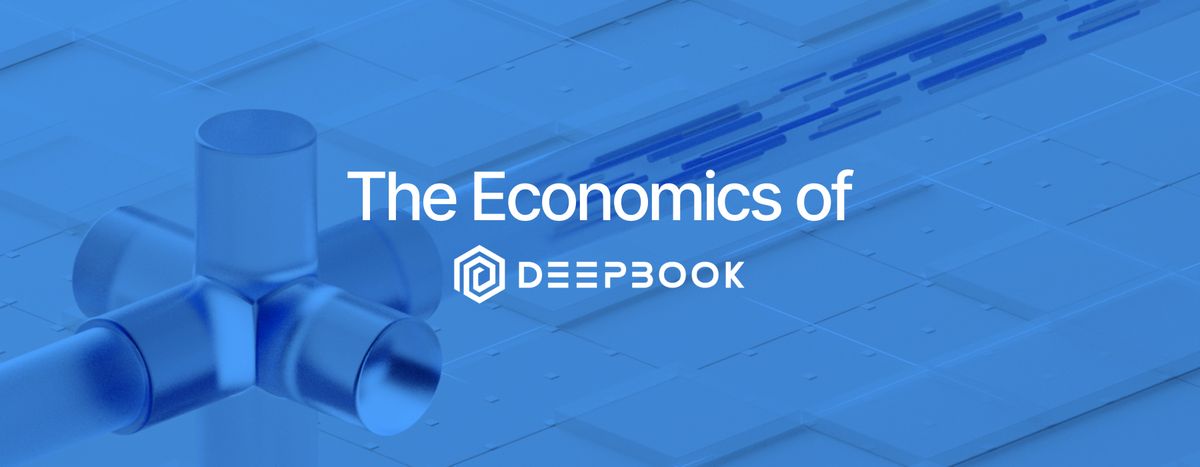The Economics of DeepBook
DeepBook incentives robust trading activity through Sui's low, predictable gas fees.

Sui's predictable and low gas fees will energize high-volume trading on DeepBook, Sui's first native liquidity layer. And given DeepBook's central limit order book (CLOB) architecture, the greater the trading volume, the more asset prices will normalize, satisfying both buyers and sellers.
Sui Mainnet's first 90 days proved how its gas fee model and the network's scalability keep gas fees from spiking. As network traffic spiked over the period to peak at 5,414 transactions per second, gas fees did not increase, putting no additional cost on users.
As traders see less of their capital used for fees, activity in DeepBook should increase. The CLOB architecture supports large, robust markets with participants ranging from individuals to institutions. Greater activity promotes a balance between supply and demand, making for a stable market.
Economies of scale
As a CLOB, DeepBook settles "asks", offers to sell a digital asset, with "bids", offers to buy digital assets. Sellers may ask for a specific price or trade at a market price, the average rate people are willing to pay for that asset. Likewise, buyers may set a price they would like to pay, or buy assets at the going market rate.
People buying or selling at the market rate can expect to resolve their transactions almost immediately, while setting a price, referred to as a limit order, requires waiting until someone is willing to meet that price.
However, DeepBook also consolidates asks and bids to meet market demand. For example, if a user made an ask of 50 tokens, and someone put up a bid to buy 1,000 tokens, DeepBook automatically adds those 50 tokens into a pool with enough other asks to make up the entire 1,000 token bid.
As users place limit orders, the lowest bids and highest asks tend not to get fulfilled in favor of bids and asks that are closer to the market average. This mechanism helps normalize prices to what the majority of participants expect.
In addition, all traders know that, the more they pay in market fees, the less they have to buy assets. Where most blockchains charge increasing gas fees as transactions increase, gas fees do not increase significantly on Sui. This very important distinction means that, on other blockchains, an increasingly large part of a user's account goes to pay fees merely due to more people making trades. Trading volume can increase dramatically on Sui, yet gas fees, the cost of each transaction, will not increase, and users will have more to spend in the market.
The deep end
DeepBook was built as a public good, intended to promote DeFi on Sui as a neutral arbiter. Any DeFi builder is welcome to plug their platform or app into it, leveraging not only its CLOB functionality, but its liquidity pool. In this manner, users of one DeFi app on Sui can trade with users of other DeFi apps.
The more people trading through DeepBook-connected apps and platforms the more prices normalize. At the same time, gas fees will not increase as transactions rise.
Builders can use the DeepBook documentation to begin building their own DeFi apps and platforms.



